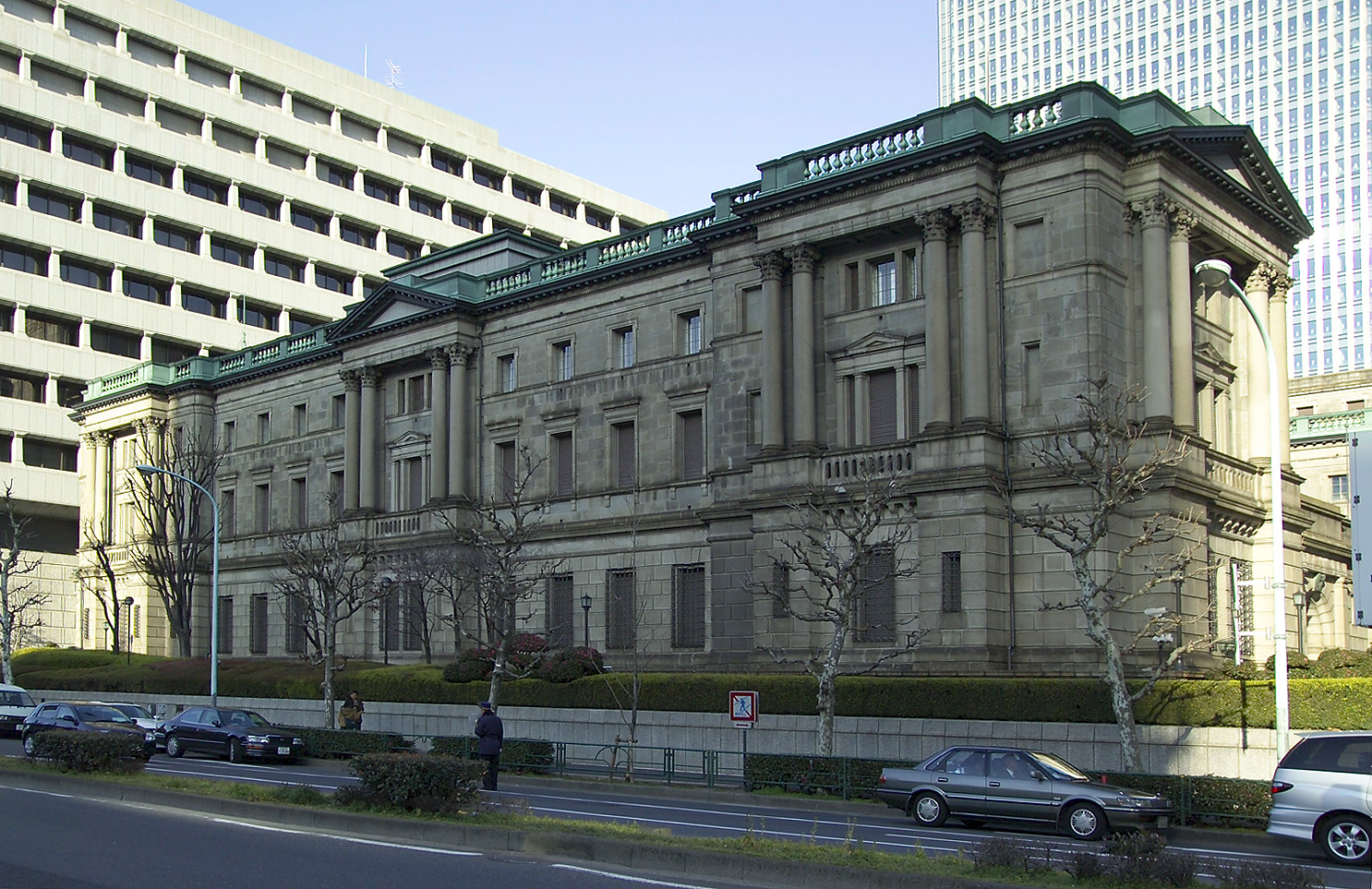BOJ joins peers to fight coronavirus fallout, ramps up risky asset buying

- Country:
- Japan
The Bank of Japan eased monetary policy on Monday by pledging to buy risky assets such as exchange-traded funds (ETF) at double the current pace, joining global central banks in combating the widening economic fallout form the coronavirus epidemic.
The central bank also decided to create a new loan program to extend one-year, zero-rate loans to financial institutions in an effort to boost lending to firms hit by the virus outbreak. "Japan's economic activity is likely to remain weak for the time being, mainly affected by the coronavirus outbreak," the BOJ said in a statement.
"The BOJ will take additional monetary easing steps as needed without hesitation with a close eye on the impact from the coronavirus epidemic for the time being," it said in the statement after a hastily called emergency meeting. At the meeting, the BOJ decided to buy ETFs at an annual pace of around 12 trillion yen ($112.55 billion), double the previous amount, until markets stabilize from the recent rout.
It will also double the pace of purchases for Japanese real-estate trust funds (J-REIT) to 180 billion yen per year, for the time being, the statement said. The BOJ said it will revert to the original pace of buying once markets stabilize, suggesting that the stepped-up purchases were a temporary measure to address the latest market turmoil.
In a bid to prevent credit markets from freezing up, the central bank will also set aside 2 trillion yen for additional purchases of commercial paper and corporate bonds. The BOJ left unchanged its -0.1% short-term interest rate target and a pledge to guide long-term rates around 0%.
Prime Minister Shinzo Abe welcomed the BOJ's decision as "swift and appropriate" in light of recent market turbulence. But investors were less impressed with Tokyo's Nikkei stock average slumping 2%.
"Compared with other central banks such as the Fed, the BOJ's steps lacked boldness. It clearly showed there's little room left for the BOJ to ease further," said Toru Suehiro, senior market economist at Mizuho Securities. "The BOJ probably saved its limited ammunition such as deepening negative interest rates for when it faces a sudden yen spike," he said.
Monday's meeting replaced a regular rate review that was initially scheduled for March 18-19. The BOJ's review comes in the wake of the U.S. Federal Reserve's emergency 100-basis point rate cut to near zero on Sunday, which was followed hours later by an unexpected 75 basis point easing by the New Zealand central bank, underscoring policymakers' worries of a world economy unraveling rapidly amid the epidemic.
The epidemic has spread rapidly around the world, killing over 5,800 and infecting more than 156,000 people, putting many countries on virtual lockdowns and severely disrupting global economic activity. Japanese Prime Minister Shinzo Abe has said the government will work closely with the BOJ to take "bold, unprecedented" measures to mitigate the pain the epidemic is inflicting on the world's third-largest economy.
Under a policy dubbed yield curve control (YCC), the BOJ guides short-term rates at -0.1% and the 10-year government bond yield around zero. It also buys risky assets such as ETFs. ($1 = 106.6200 yen)
(This story has not been edited by Devdiscourse staff and is auto-generated from a syndicated feed.)
- READ MORE ON:
- Bank of Japan
- Shinzo Abe
- Japan
- Tokyo
- Fed
- New Zealand
- Mizuho Securities
ALSO READ
Japan to expand Russia-bound export ban to li-ion batteries, industrial items
US, Philippines, Japan to tackle South China Sea incidents in trilateral summit, says Manila official
US, Philippines, Japan to tackle South China Sea incidents in trilateral summit, says Manila official
US, Philippines, Japan to tackle South China Sea row in summit
Cooperation with South Korea, Philippines important for regional security, says Japan's Kishida










